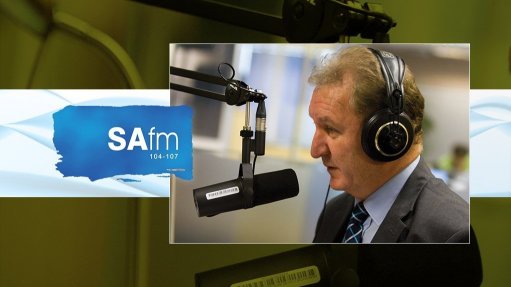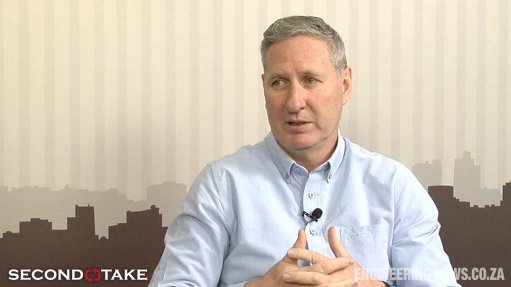Latest BER survey finds lower inflation expectations for this year and next
The Bureau for Economic Research (BER) cites in its latest ‘Inflation Expectations Survey’ that respondents are expecting headline consumer inflation to average about 3.9% for the remainder of the year.
The survey for the second quarter reflects a broad-based and significant decline in the inflation expectations of the survey respondents – across all social groups.
On average, businesspeople, trade unions, households and analysts expect headline consumer inflation to rise gradually to 4.3% in 2026 and 4.5% in 2027.
In the first-quarter survey, they expected inflation to average 4.4% this year, 4.6% in 2026 and 4.7% in 2027.
The BER says the latest survey marks the first time in more than four years that expectations for the current year have fallen below 4%.
This downward revision was done against the backdrop of yearly consumer inflation falling from 3% in December 2024 to 2.8% in April.
Looking five years ahead, all social groups made a downward revision. On average, they now expect an inflation rate of 4.4%, which is 0.3 percentage points lower than previously anticipated.
The inflation expectations for households for the next 12 months decreased to 5.4% from 5.7% in the prior survey. Their expectations for inflation in the next five years also declined from 9.1% to 8.5%.
In contrast to their view on lower consumer inflation, the survey respondents upwardly revised their forecast of wage increases during the second quarter. They now expect salaries to rise by 4.9% this year and by 5.1% in 2026, compared with prior estimates of 4.5% and 4.8%.
However, survey respondents remain pessimistic about economic growth. On average, the social groups expect GDP to expand by 0.9% this year, compared with 1.2% before.
For 2026, they anticipate growth of 1.2%, which is lower than the 1.4% expectation during the first quarter.
The South African Reserve Bank (SARB) takes the BER’s findings into account when it decides on the interest rate.
For example, the Monetary Policy Committee of the bank may be concerned if inflation expectations rise, since it typically leads to higher wage demands. To prevent higher expectations from becoming a reality, the SARB may be forced to increase the interest rate. the opposite happens if inflation expectations and other indicators decline.
Comments
Press Office
Announcements
What's On
Subscribe to improve your user experience...
Option 1 (equivalent of R125 a month):
Receive a weekly copy of Creamer Media's Engineering News & Mining Weekly magazine
(print copy for those in South Africa and e-magazine for those outside of South Africa)
Receive daily email newsletters
Access to full search results
Access archive of magazine back copies
Access to Projects in Progress
Access to ONE Research Report of your choice in PDF format
Option 2 (equivalent of R375 a month):
All benefits from Option 1
PLUS
Access to Creamer Media's Research Channel Africa for ALL Research Reports, in PDF format, on various industrial and mining sectors
including Electricity; Water; Energy Transition; Hydrogen; Roads, Rail and Ports; Coal; Gold; Platinum; Battery Metals; etc.
Already a subscriber?
Forgotten your password?
Receive weekly copy of Creamer Media's Engineering News & Mining Weekly magazine (print copy for those in South Africa and e-magazine for those outside of South Africa)
➕
Recieve daily email newsletters
➕
Access to full search results
➕
Access archive of magazine back copies
➕
Access to Projects in Progress
➕
Access to ONE Research Report of your choice in PDF format
RESEARCH CHANNEL AFRICA
R4500 (equivalent of R375 a month)
SUBSCRIBEAll benefits from Option 1
➕
Access to Creamer Media's Research Channel Africa for ALL Research Reports on various industrial and mining sectors, in PDF format, including on:
Electricity
➕
Water
➕
Energy Transition
➕
Hydrogen
➕
Roads, Rail and Ports
➕
Coal
➕
Gold
➕
Platinum
➕
Battery Metals
➕
etc.
Receive all benefits from Option 1 or Option 2 delivered to numerous people at your company
➕
Multiple User names and Passwords for simultaneous log-ins
➕
Intranet integration access to all in your organisation





















